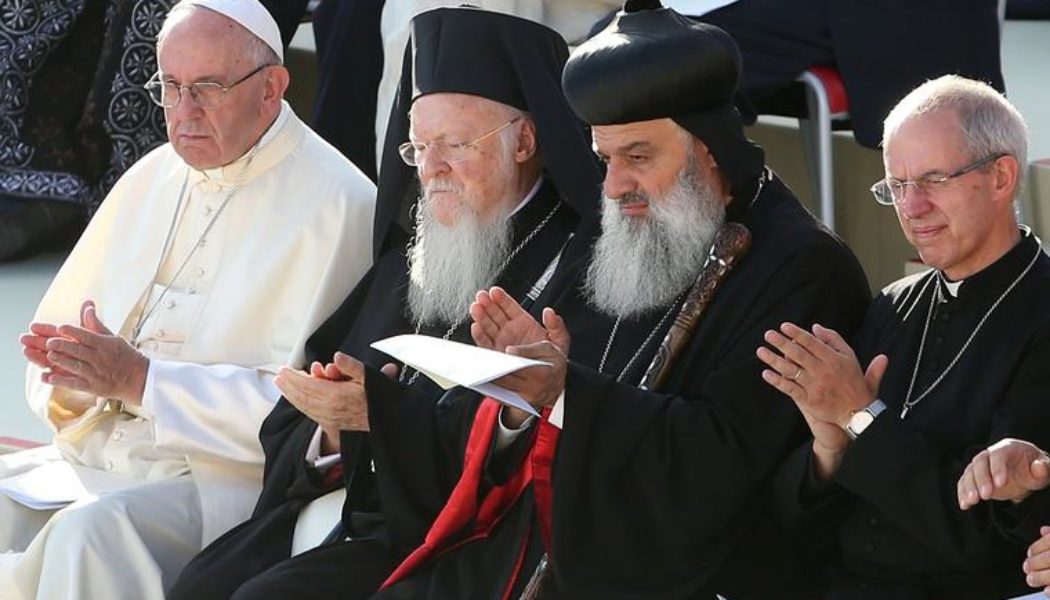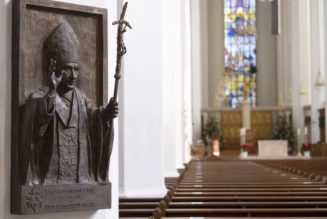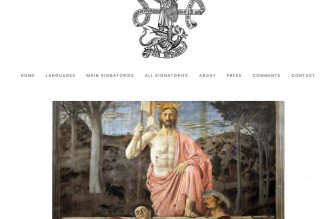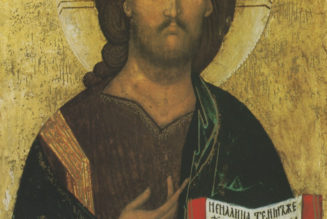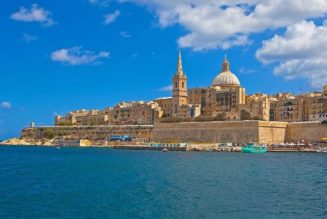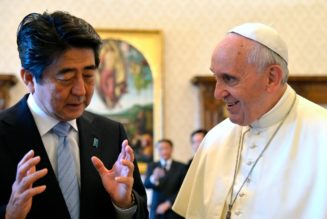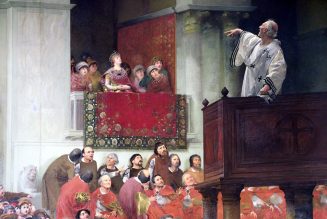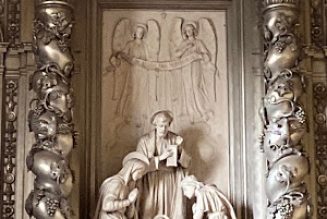
COMMENTARY: Three points are worthy of note as the heads of the Catholic Church, Orthodox Church and Anglican Communion come together to pray ahead of the Synod on Synodality.
Saturday will be a day like none other in Vatican history. It begins with a consistory for new cardinals in the morning — always a big event in Rome, but a regular occurrence.
The same day in the afternoon, however, will be an ecumenical meeting to pray together ahead of the Synod on Synodality. Indeed, the event is entitled “Together — Gathering of God’s People.”
It will include both Ecumenical Patriarch Bartholomew I of Constantinople, the head of Orthodoxy, and Archbishop of Canterbury Justin Welby, the head of the Anglican Communion. With the two of them joining the Holy Father, it will be the rare occasion when Rome, Constantinople and Canterbury are all together.
Some have referred to the synodal process, with its three-year duration and global scope, to be a “little Vatican council.” Not an ecumenical council to be sure, but a facsimile thereof.
Thus it may be fitting to kick it all off with a “little Assisi,” a meeting of ecumenical leaders to pray together and in each other’s presence. In 1986, St. John Paul II convoked such a meeting in Assisi; Pope Benedict XVI did the same in 2011 to commemorate its 25th anniversary.
Three points are worthy of note for a Saturday without precedent in St. Peter’s Square.
Primacy of Prayer
Since the beginning of the synodal process, Pope Francis has insisted that it be a process that begins, unfolds and concludes in prayer. Despite the numerous controversies and grave concerns that have been raised during the parish, diocesan, national, continental and now global stages, the primacy of prayer is something all Catholics — and indeed, all Christians — can agree on. Agreement is one thing, action is another. And the Church, to say nothing of a world marked by hostility and hatred, needs the dramatic witness of the most prominent leaders of Christianity together in prayer.
Recently, the synod secretariat published prayers for the Catholic faithful to use regarding the synod. More significantly, the actual synod roundtable discussions will include pauses between interventions for prayer. It remains to be seen how that will work in practice, but many of the new movements in the Church operate that way. They include not only opening and concluding prayers, but taking time during meetings to pray, or least reflect in silence, attentive to the promptings of the Holy Spirit.
Witness of Unity
If the synodal process is a “little council,” then it is fitting that a role is found for the “separated brethren,” those Christians outside of the Catholic Church. At Vatican II, Orthodox, Anglicans, Protestants and others were invited to be observers, some of whom became quite influential.
The ministry of Peter is to strengthen the brethren in faith (Luke 22:32), and that includes the brethren separated throughout history. The unity of the brethren is not only for the Church, but a witness to the world. With a war raging in Europe, justified in part on religious grounds by Moscow, the witness of Christian unity is essential against the scandal of violence in the name of God. The presence of Bartholomew especially underscores that.
The Spirit Speaks to the Church?
Bartholomew’s presence speaks of the perils of disunity, too.
His recognition of an autonomous Orthodox patriarch in Ukraine led to his “excommunication” by the powerful Patriarch Kirill of the Russian Orthodox Church. The “first without equals” in Orthodoxy is in ruptured communion with Moscow, the patriarchate that includes more than half of all Orthodox believers. The head of Orthodoxy has been cut off from most of the body. He might, in private conversations, have something of a warning to Catholic prelates; synodality does not mean unity. At this moment, for Orthodoxy, it means division and rupture.
Archbishop Welby, also present, might add a word or two about his own recent experience. In April, after the synod of the Church of England decided to bless same-sex unions, Anglican primates representing 80% of Anglicans worldwide no longer recognized him as an “instrument of communion.” It is arguable that the Anglican Communion no longer exists or, if it does, that it is only 20% of its recent size. Synodality for Anglicans may mean not only division, but the death of the communion.
The ecumenical meeting is intended to let the Spirit speak to an attentive Church. The Spirit may indeed be speaking a warning to the universal Church just as the planetary stage of the synodal process begins.
